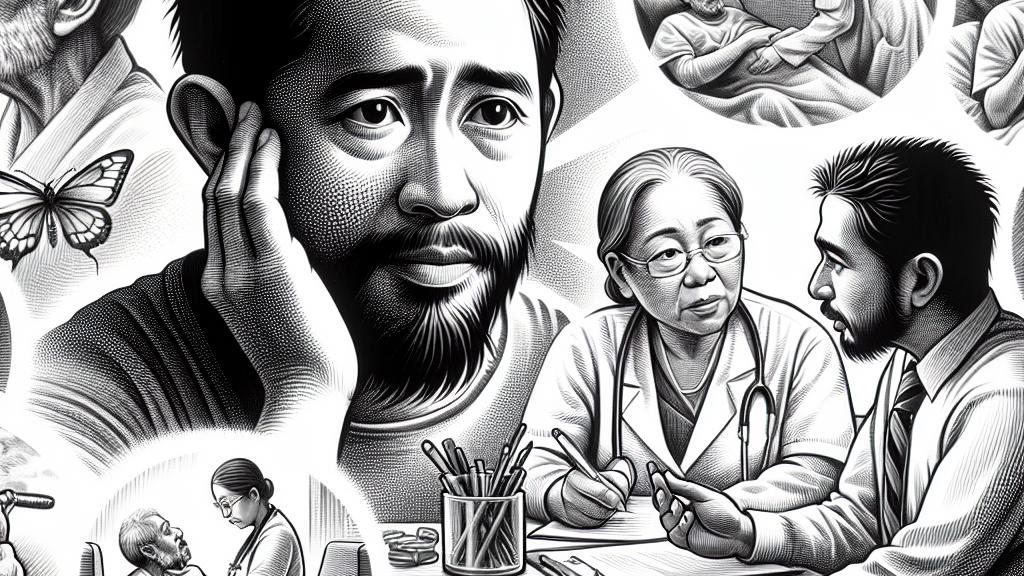Ten Phrases Physicians Should Never Use with Patients
Overview
- Delve into the intricacies of effective communication in healthcare.
- Understand the profound impact language can have on patient emotions and outcomes.
- Explore supportive alternatives that encourage trust and collaboration in doctor-patient relationships.

The Crucial Role of Compassionate Communication
In the delicate world of healthcare, particularly in Japan, the manner in which physicians communicate can significantly influence patient experiences. Patients enduring serious illnesses often find themselves not only battling their conditions but also facing the daunting challenge of making critical decisions about their care. Take, for instance, a physician's comment like, 'Why did you wait so long to seek help?' Instead of promoting dialogue, this kind of questioning tends to evoke feelings of guilt and shame in patients, stifling their willingness to engage openly about their health journey.
The Negative Fallout of Harmful Language
The consequences of ill-chosen words can be staggering. Consider the phrase, 'There’s nothing more we can do for you.' Such a declaration can devastate hope, leaving patients and their families feeling abandoned and despondent. Conversely, when doctors articulate something more supportive like, 'While we cannot cure this condition, we are fully committed to improving your quality of life,' it powerfully reframes the narrative. By focusing on care and support, this language not only restores hope but also emphasizes the continued presence of compassionate healthcare throughout the patient's journey.
Strategies for Creating a Culture of Compassionate Dialogue
To build robust relationships with patients, healthcare providers must practice intentionality in their language choices. Instead of defaulting to commands like, 'You need to,' pivot to a more collaborative approach with phrases such as, 'Let’s discuss the options that work best for you.' This shift fosters a sense of partnership and mutual respect. Moreover, incorporating vivid expressions like, 'Imagine how empowering it could feel to work through these concerns together,' stimulates optimism and encourages active contributions from patients in their care plans. By embracing diverse and engaging language, healthcare professionals can ignite a proactive, patient-centered approach that underscores the essential role of communication in healing.

Loading...